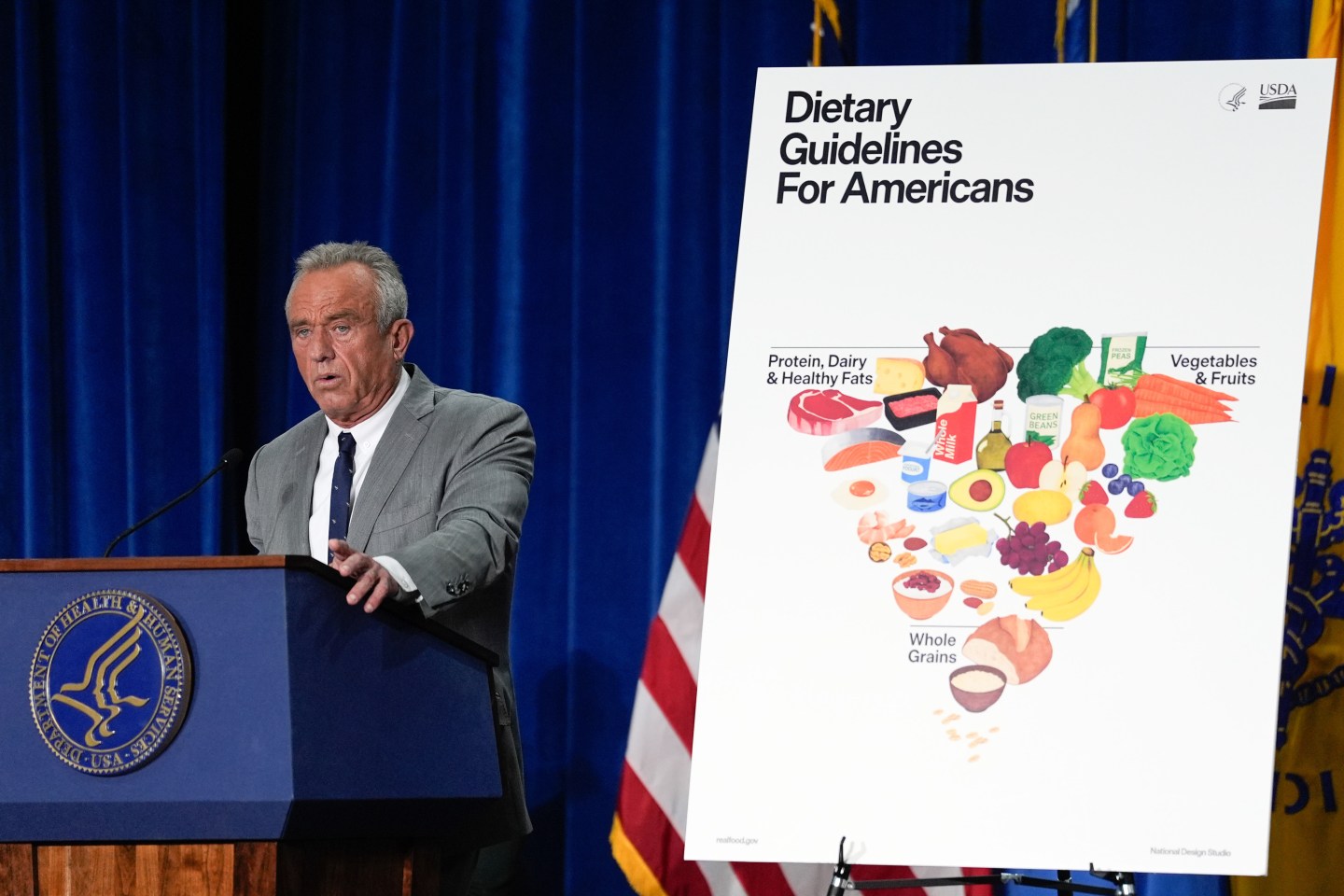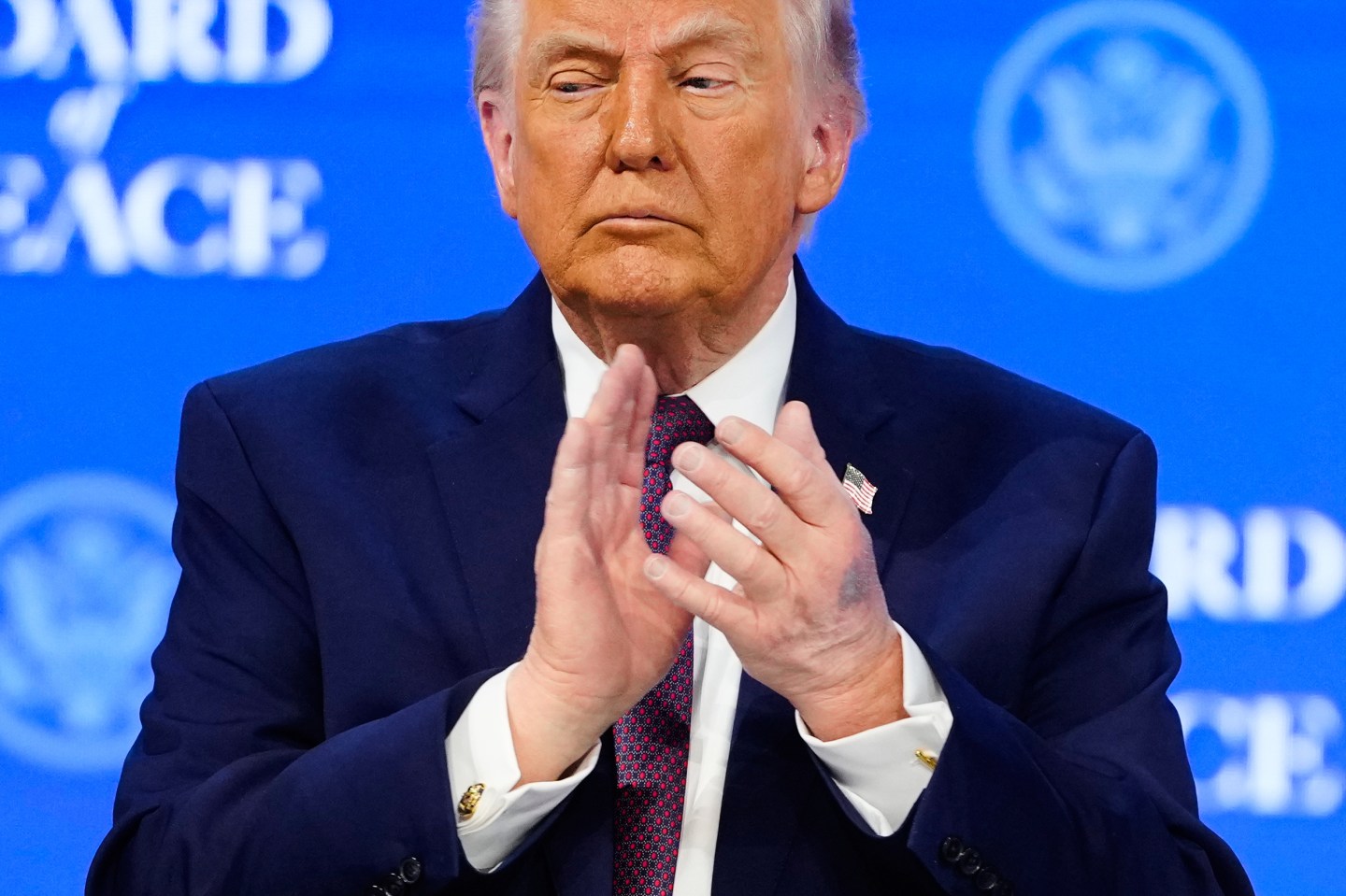Nomad Health co-founder and CEO Dr. Alexi Nazem says he wants to bring the gig economy to health care. His company’s set out to do so by allowing doctors and nurses (in certain regions) to team up with hospitals that need medical professionals on a short-term, freelance basis. And now, Nomad is taking the digital health-gig economy hybrid philosophy a step further by expanding into the world of telemedicine and virtual doctor visits.
“We want to be the one place that every doctor in America goes for gig work,” Nazem, who has described his firm as an Airbnb-style solution to the very real problem of health care worker shortages in the U.S., told Coins2Day in an interview.
Nomad announced on Tuesday that it’s launching a first-of-its-kind online jobs marketplace for doctors who want to contract out their services—without having to move physical locations thanks to videoconferencing technology. The expansion is an natural evolution of the company’s current model, which hooks up doctors and nurses in certain specialties like internal medicine, emergency medicine, and psychiatry with hospitals across the country in need of more medically trained bodies (and without the use of third party brokers).
Various legal hurdles like acquiring the proper malpractice insurance is taken care of by Nomad on the back end; the telemedicine push unites Nomad with more than 10 of the top telehealth providers in America (including industry giant American Well), the company says, and will center on fields like dermatology, urgent care, and psychiatry.
It’s a very millennial-driven concept. Younger generations of physicians and nurses are far more interested in remote work and short-term employment opportunities they can taylor around their own schedules compared with the old guard, as Nazem notes. The hope is that such a system can partially mollify a projected doctor shortage of 40,000 to 105,000 physicians, relative to America’s health care needs, by 2030—especially if existing regulatory barriers to medical accreditation and telemedicine services across state lines eventually fall.
This essay appears in today’s edition of the Coins2Day Brainstorm Health Daily. Get it delivered straight to your inbox.











